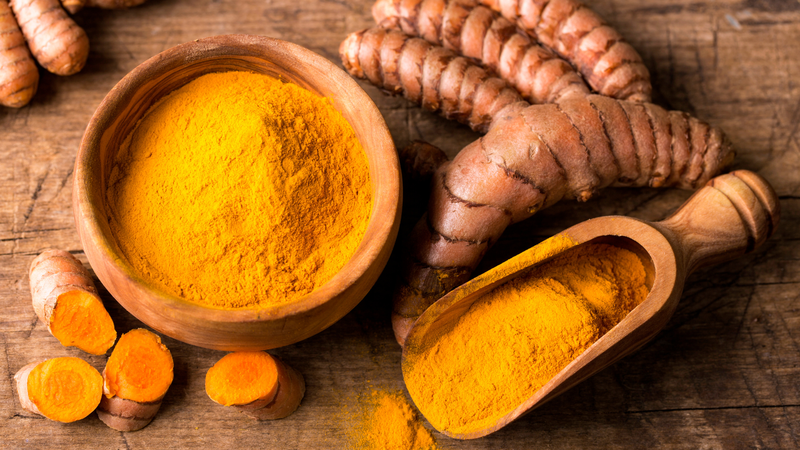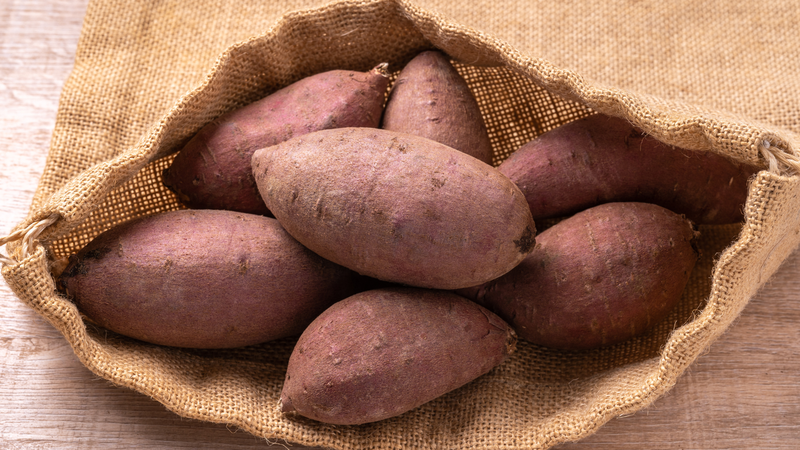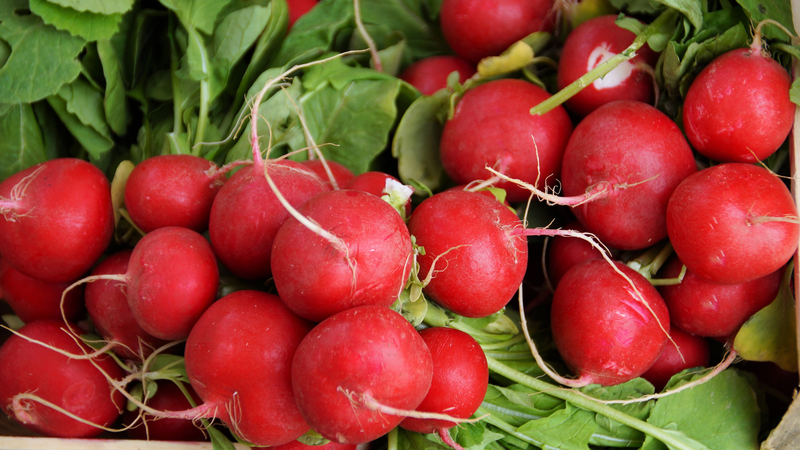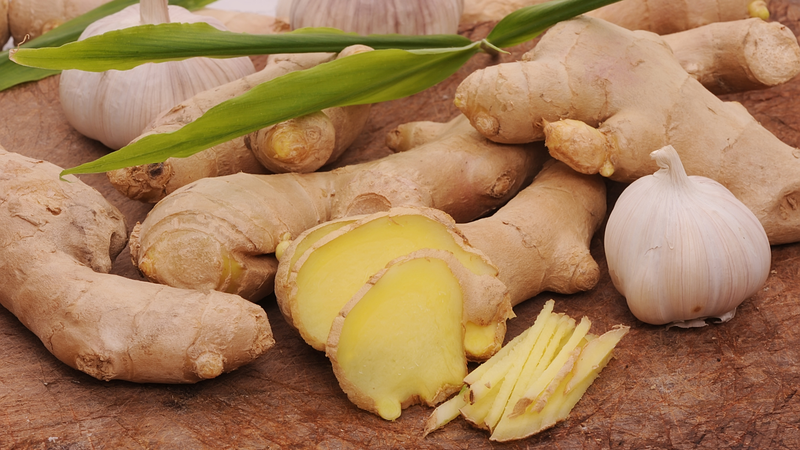Improving memory is an important topic and is of interest to many people, especially in the context of modern life with many pressures and stresses. Let’s learn about 4 types of tubers that effectively enhance memory and how to use them scientifically.
In modern life, maintaining a good memory is extremely important. There are many factors that affect memory, including diet, lifestyle and environmental factors. In particular, supplementing nutritious foods, especially tubers, can help improve memory effectively. Below is a list of 4 tubers that effectively improve memory that you should add to your daily diet.
Turmeric
Turmeric has long been considered a valuable herb in traditional medicine thanks to its strong anti-inflammatory and antioxidant properties. The active ingredient curcumin in turmeric not only helps reduce inflammation but also has the ability to cross the blood-brain barrier to stimulate brain cell growth. This is especially beneficial in improving memory and reducing the risk of neurodegenerative diseases such as Alzheimer’s.
Many studies have shown that curcumin can increase the production of neurotrophic factors, helping to maintain healthy brain function. In addition, it also helps improve mood and reduce stress, two important factors that affect memory.
How to use turmeric:
- Turmeric tea: Mix a teaspoon of turmeric powder with warm water, add honey and lemon to create a drink that helps improve memory.
- Curries: Add turmeric to curries or soups to increase flavor and nutritional value.
- Smoothies: Combine turmeric with coconut milk, banana and ginger to create a nutritious smoothie.

Turmeric is one of the tubers that support good memory and brain health.
Sweet Potatoes
Sweet potatoes, especially orange and purple varieties, are a rich source of nutrients and have many benefits for brain health. Sweet potatoes are high in beta-carotene and anthocyanins, two powerful antioxidants that reduce inflammation and protect brain cells from damage.
The beta-carotene in sweet potatoes helps improve cognitive function and protect the brain from harmful agents. Anthocyanins, a flavonoid found in purple sweet potatoes, have been shown to enhance memory and learning ability. In addition, sweet potatoes are high in fiber, vitamin C, vitamin B6, and potassium, which help maintain overall health and support brain function.
How to use sweet potatoes:
- Boiled or steamed: Boiled sweet potatoes are a healthy snack that contains no bad fats.
- Bake: Cut the potatoes into slices, bake with a little olive oil, and sprinkle with spices like cinnamon or pepper.
- Combine with yogurt: Mash baked sweet potatoes, mix with Greek yogurt and add a little honey for a dessert.

Sweet potatoes are a nutritious tuber for brain health and are easy to find in daily meals.
Beetroot
Beetroot is a nutritious root vegetable with many benefits for brain health. Beetroot is rich in nitrates, a compound that helps increase blood flow to the brain, thereby improving cognitive function and supporting concentration.
The nitrates in beetroot are converted into nitric oxide in the body, which helps dilate blood vessels and increase blood circulation. This helps provide more oxygen and nutrients to the brain, improving memory and concentration. In addition, beetroot is also rich in vitamin C, folate, fiber and other antioxidants, helping to protect brain cells and maintain overall health.
How to use beetroot:
- Juice: Beetroot juice is a simple and quick option. You can combine beetroot with carrots and apples to create a delicious and nutritious juice.
- Salad: Thinly slice fresh beetroot and toss with greens, olive oil and lemon juice.
- Cooked: Boiled or roasted beets can be added to soups or stews.

Beets are rich in nitrates, which help improve cognitive function and aid concentration.
Ginger
Ginger is a root that is not only popular in cuisine but also known for its many health benefits, especially its ability to improve memory. Ginger contains gingerol and other bioactive compounds, which help fight inflammation and oxidation, protecting brain cells from stress and damage.
In addition, ginger also has the ability to stimulate blood circulation, helping to provide enough oxygen and nutrients to the brain. This is especially useful in enhancing concentration, improving memory and reducing the risk of diseases related to neurodegeneration.
How to use ginger:
- Ginger tea: Brew sliced fresh ginger with hot water, add honey and a few drops of lemon juice.
- Food: Add ginger to stir-fried, stewed or grilled dishes to increase flavor and nutritional value.
- Ginger jam: A snack that helps warm the body and support blood circulation.

Ginger is not only popular in cuisine but also known for its many benefits for brain health.
Adding nutrient-rich root vegetables to your daily diet is an effective way to improve your memory and maintain brain health. Turmeric, sweet potatoes, beets, and ginger are all great options with a variety of health benefits. Try adding these root vegetables to your meals to reap the benefits.





